It was harder to tell who was giving a bigger performance on a suburban front lawn, the band's frontman or the crowd. Throngs of sweaty, screaming fans are lining up against a barricade, filling the porch of the house where the concert is taking place and even scaling the roof of the home next door. They're screaming along to every word of "Gives You Hell" like it's 2008 all over again with All-American Rejects lead singer Tyson Ritter, dressed in a dingy T-shirt and dramatically strumming his bass guitar. They don’t take off running as police officers pull up to the Columbia, Mo., property to shut it all down.
Is it surprising that a raucous set in a college town has been halted by the authorities 45 minutes after it began? Not as surprising as the fact that the police let Ritter play one last song — he chose the biggest f-you anthem of the 2000s. The May 18 performance was one of the early stops on the All-American Rejects’s “House Party Tour,” which kicked off on April 25, one day after releasing their first original single in five years.
For the unconventional gigs, the band invites people to apply online to host a concert in their yards, and fans can sign up to get a last-minute text if an event is happening near them. The All-American Rejects poured $50,000 into the “House Party Tour,” renting their own bus and hiring their own crew. They’ve played in bowling alleys, parking lots and barns in places like Ames, Iowa and Green Bay, Wis. Ritter told Rolling Stone in May that he was inspired by the environment at a free show they did for a college radio station at the University of Southern California, which “was feral, alive and vibrant.”
Katie Beattie was at the now-infamous Columbia show. The 29-year-old retail associate from Kansas City, Mo., tells Yahoo she has been a fan of the band since middle school, and had been keeping an eye out for clues on social media about where they might go next. When she found one, she had just a few hours to recruit a friend and make the two-and-a-half-hour drive to the area. Then, they had to crack the case of the exact address — the band leaves clues for its fans, but stopped sharing their exact coordinates for the hosts’ safety. It ended up being a fraternity house near the University of Missouri campus, which Beattie deciphered by matching the background of Ritter’s brief TikTok post to a neighborhood on Google Earth.
When she finally got there, Ritter was trying on a student’s graduation cap and gown and mingling with the fans who came to see him. The show was free, as most on their tour are, but the All-American Rejects asked for donations to support a local theater that had just lost its grant.
“I am definitely more of a fan now after getting to have this crazy experience,” Beattie says. Her TikTok post about the night has 10 million views, contributing to the All-American Rejects’s renaissance on social media. Between April 25 and July 14, the band’s TikTok following more than quadrupled, and posts about the house parties accumulated 78 million views, according to a report conducted by United Talent Agency.
Nick Wheeler and Tyson Ritter of the All-American Rejects perform during MTV's Total Request Live in 2005 at the peak of their initial fame. (Scott Gries/Getty Images)
Not only is it a TikTok sensation, but the band’s Instagram following has increased 90.3%, and Spotify followers have increased 8.3% since the tour began, per Beats + Bytes and Chartmetric’s "Stat Of The Week" Newsletter. The All-American Rejects are back on the main stage, and all it took was a viral campaign, a catalog of old hits and millennial nostalgia to catapult them back into public consciousness. Now, it’s hard to look away from that kind of guerilla marketing success, whether you’re a fan or not.
At a time when nostalgic tours seem more common than ever, the band’s alternative to frustrating online ticketing queues and sky-high prices to see live music is also a return to the Rejects’s roots.
“Since their rise to mainstream popularity in the 2000s, the All-American Rejects have built their identity on DIY music videos, emotionally raw performances and a suburban punk-pop energy that resonated with kids in bedrooms and basements, not just in front rows at festivals,” Clayton Durant, adjunct professor of music business at Long Island University’s Roc Nation School of Music, Sports & Entertainment, tells Yahoo.
That kind of connection is what music fans are craving right now. House party shows are cheaper, quirkier and more intimate than traditional venues. Durant says these performances deliver “a greater emotional impact and a stronger per-show return.”
This rings true for longtime fans. Katie, a 29-year-old from Pittsburgh who works in the food industry, tells Yahoo she went to one of their pop-up concerts in the parking lot of a Sheetz, a convenience store chain, in McKees Rocks, Pa. She and her friend got into an accident on the way there — her friend’s car didn’t survive, but in the spirit of one of the All-American Rejects’s most popular songs, they decided to “Move Along.” After wanting to see the band for so many years, the weird little music moment was a dream come true.
Haley, a 30-year-old who works for a tech company, was a diehard fan when she was 13. She made it to two House Party shows — one in Chicago and one in Milwaukee — which reignited her passion.
“Tyson actually had the spotlight put on me because my sequin top made me look like a ‘disco ball’’ — his words, not mine,” she tells Yahoo. “I’ll never forget it. I mean, how many people can say their favorite band literally requested the spotlight be put on them at a show?”
She adds, “I don’t even think my experience is all that unique. The Rejects truly care about their fans and the live music experience. That’s why I’ll always show up for them.”
Where this all could backfire, though, is with the All-American Rejects fans who don’t get to go. Beattie had to do a full-blown investigation to even find the venue for the Columbia, Mo. date.. Aaron Greene, co-founder of artist management company Slush Management, tells Yahoo that general buzz or intrigue, no matter the stats on social media, isn’t enough to create new superfans.
“[The 'House Party Tour'] is clearly growing their old catalog, but to get the most out of it, they really need a big follow-up record to translate it. They just didn’t have something strong enough,” he says of the All-American Rejects’s two newest songs, which have fewer than 5 million streams combined on Spotify. (The band didn’t respond to Yahoo’s request for comment.)
But reinvigorating their career with new music wasn’t ever the Rejects’s main goal; connecting with fans was.
“I'm so grateful that a little band from Oklahoma had a chance to do something with a spirit of just genuine interest to not only reconnect with them, to reconnect with ourselves and where we started,” Ritter told GQ. “I feel like this was a gift to our younger selves. That we had no expectations, that it spilled out into something that became more of a cultural conversation, is something you just can't predict.”
Mission accomplished on that front — they now have dozens of fans happy to talk about what their performances meant to them.

 Movie
Movie 3 months ago
349
3 months ago
349 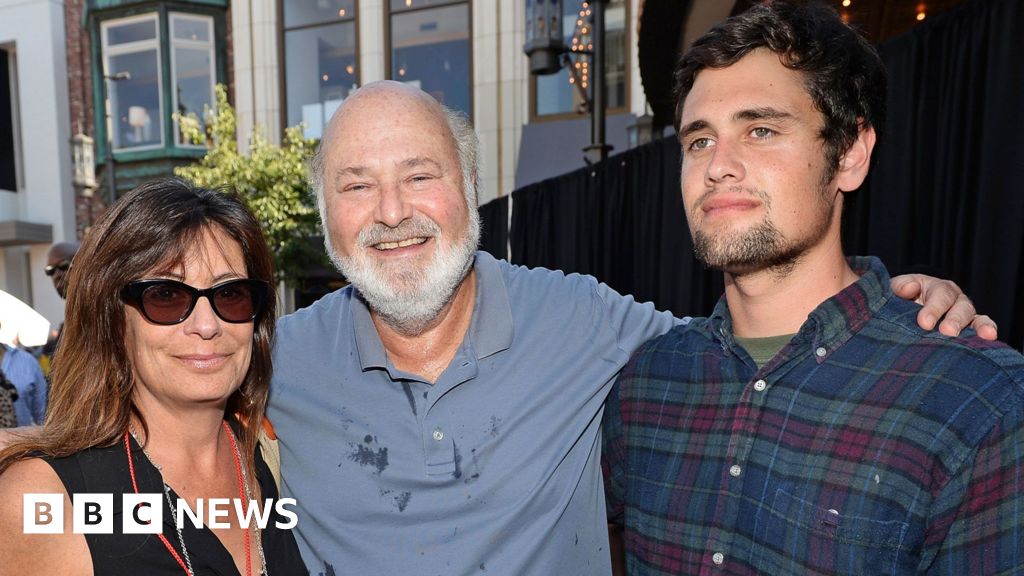
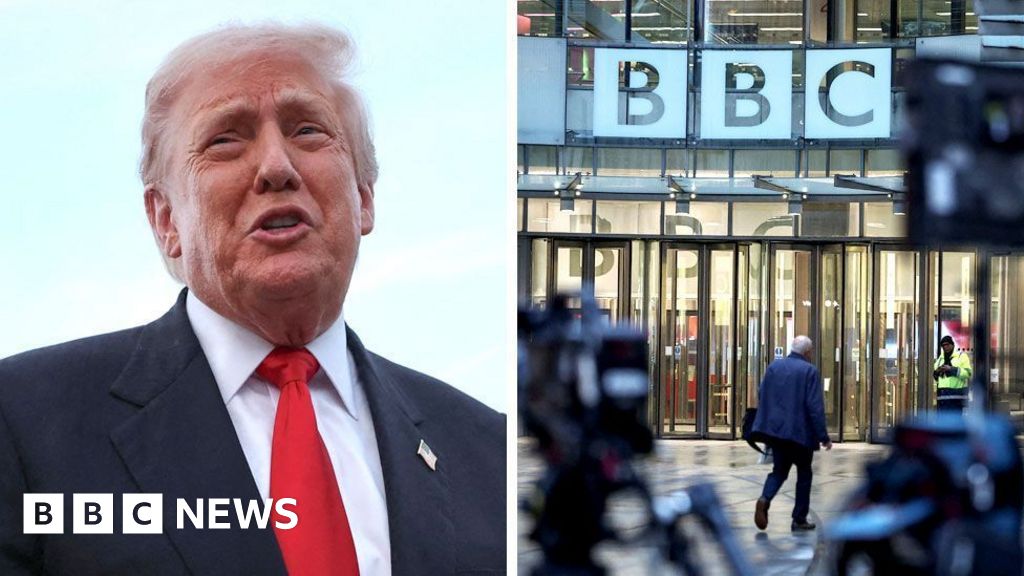
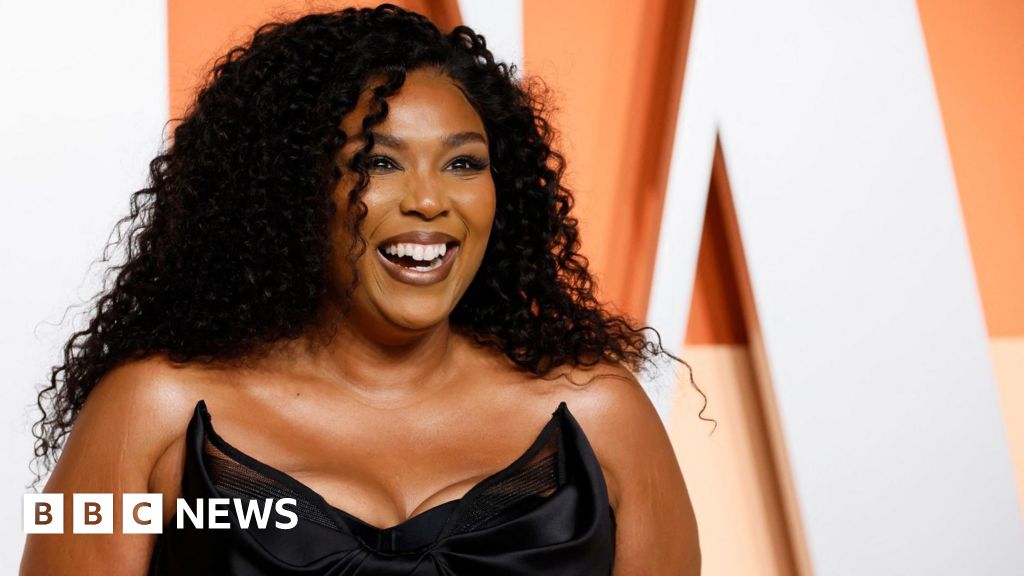
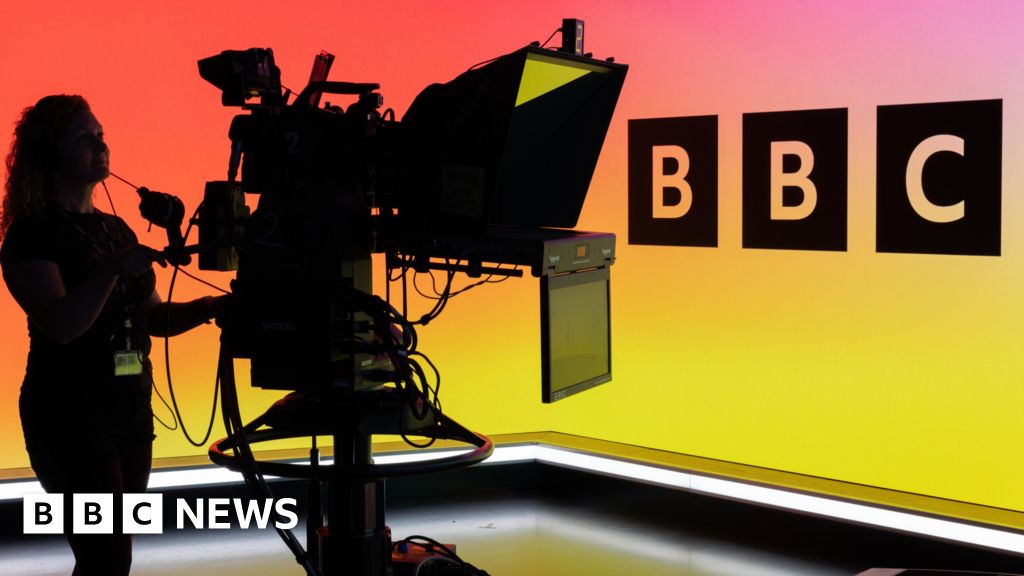
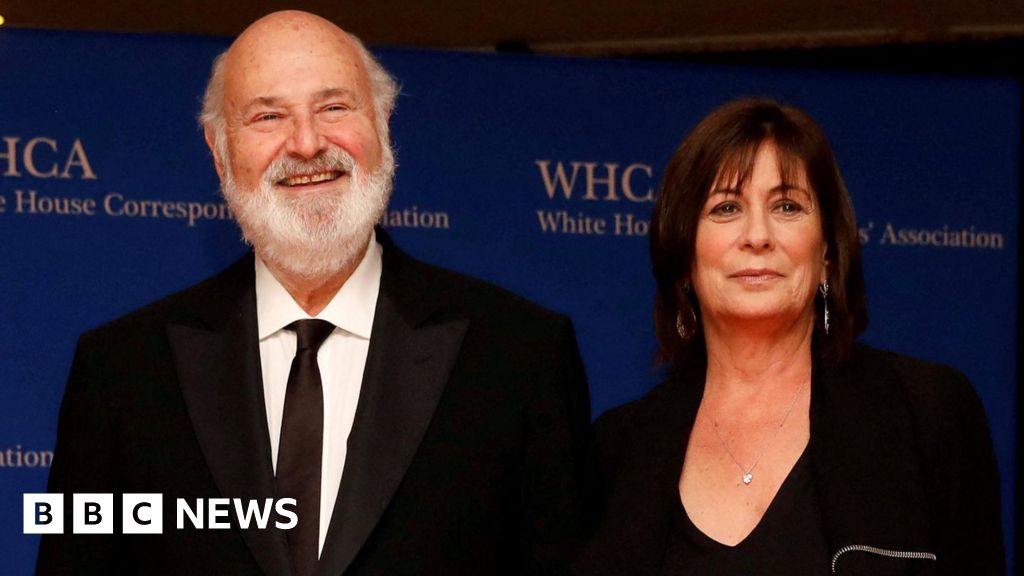
![Presidents Day Weekend Car Sales [2021 Edition] Presidents Day Weekend Car Sales [2021 Edition]](https://www.findthebestcarprice.com/wp-content/uploads/Presidents-Day-Weekend-car-sales.jpg)




 English (United States)
English (United States)